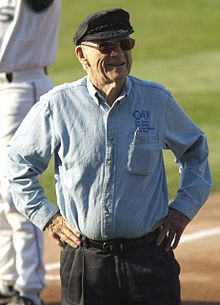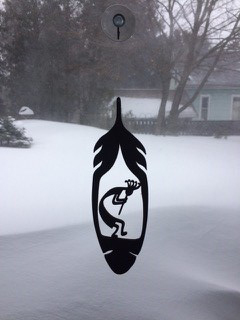Monday, April 8, 2019 “There’s just no accounting for happiness”
I’d not met Jane Kenyon until David Grubin caught my attention with her “Happiness” in an email this morning. Kenyon gets it about understated and playful joy emerging from tough work-a-day realities. She reminds me of Leonard Cohen’s “Anthem” and W H Auden’s “Song”. It happens that during these past days of angry news, I’ve been looking for subtle poems that show readers playful delight that has paid its dues in grief but are not locked down there.
In severe and dangerous times, strong poetry is more important than in easier times. J K makes space for both in “happiness.”
Best to read out loud, with pauses. —-> Have a blest week.
john sj
Today’s Post: “HAPPINESS”
There’s just no accounting for happiness,
or the way it turns up like a prodigal
who comes back to the dust at your feet
having squandered a fortune far away.
And how can you not forgive?
You make a feast in honor of what
was lost, and take from its place the finest
garment, which you saved for an occasion
you could not imagine, and you weep night and day
to know that you were not abandoned,
that happiness saved its most extreme form
for you alone.
No, happiness is the uncle you never
knew about, who flies a single-engine plane
onto the grassy landing strip, hitchhikes
into town, and inquires at every door
until he finds you asleep midafternoon
as you so often are during the unmerciful
hours of your despair.
It comes to the monk in his cell.
It comes to the woman sweeping the street
with a birch broom, to the child
whose mother has passed out from drink.
It comes to the lover, to the dog chewing
a sock, to the pusher, to the basketmaker,
and to the clerk stacking cans of carrots
in the night.
It even comes to the boulder
in the perpetual shade of pine barrens,
to rain falling on the open sea,
to the wineglass, weary of holding wine.
Jane Kenyon (b. 1947 – d. 1995 {leukemia} )
Note # 1)
In Today’s AJCU Conversations, Ron Bernas’ “Living the Mission at the University of Detroit Mercy” is a great read; makes me proud to work here.












